Portal:Science
Science portal

Science is a rigorous, systematic endeavor that builds and organizes knowledge in the form of testable explanations and predictions about the world. Modern science is typically divided into three major branches: the natural sciences (e.g., physics, chemistry, and biology), which study the physical world; the social sciences (e.g., economics, psychology, and sociology), which study individuals and societies; and the formal sciences (e.g., logic, mathematics, and theoretical computer science), which study formal systems, governed by axioms and rules. There is disagreement whether the formal sciences are science disciplines, as they do not rely on empirical evidence. Applied sciences are disciplines that use scientific knowledge for practical purposes, such as in engineering and medicine. (Full article...)
Featured article -
Featured pictures
Vital articles

Did you know...
- ... that Cambodia's first science-fiction film, Karmalink, combines Buddhist concepts of karma with themes of artificial intelligence?
- ... that the Polish science fiction novel Extensa marked the growing recognition of its writer, Jacek Dukaj, in Poland?
- ... that Carl Freedman viewed science fiction as the most sound genre for academic study?
- ... that some of the optics for the James Webb Space Telescope were made at the NETPark science park in northern England?
- ... that The Lord of the Ice Garden, a Polish novel series mixing elements of fantasy and science fiction, has been compared to The Witcher?
- ... that Guy Parmelin, now President of Switzerland, opened the study program of cyber security of the Lucerne School of Information Technology in 2018?
Get involved
| This portal needs to be updated. Please help update this portal to reflect recent events or newly available information. Relevant discussion may be found on the talk page. |

|

|
Science News
- 17 May 2024 –
- Scientists using the James Webb Space Telescope discover the earliest known merging of black holes, 740 million years after the Big Bang. (AP)
- 15 May 2024 – Discoveries of exoplanets
- Scientists announce the discovery of SPECULOOS-3 b, an Earth-size exoplanet that orbits a red dwarf star that has a similar size as Jupiter. (Space.com)
- 8 May 2024 –
- Researchers at Google DeepMind announce the development of AlphaFold 3, an AI model that can predict the structures of almost all biological molecules and model the interactions between them. (Time) (Nature)
- 17 April 2024 –
- Scientists announce that they have identified fossil remains of the Ichthyotitan, the largest marine reptile currently known, in the Westbury Formation in England. (NOS)
- 16 April 2024 –
- European Space Agency scientists announce the discovery of Gaia BH3, the second-largest known black hole in the Milky Way. (NOS) (ESA)
- 4 April 2024 – 2020–2024 H5N1 outbreak
- Scientists from the Federation University Australia report that thousands of Adélie penguins have been found dead in Antarctica amid an increase in bird flu cases among wild bird populations. (Reuters)


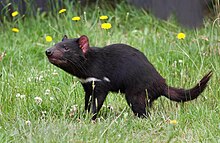




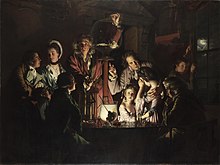

.jpg/220px-Gwen_Stefani%2C_No_Doubt_(crop_2).jpg)
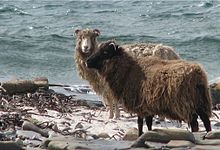
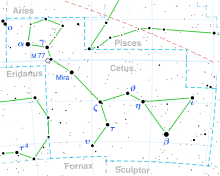










.png/120px-Diamond_(side_view).png)




.jpg/120px-Shockwave_pattern_around_a_T-38C_observed_with_Background-Oriented_Schlieren_photography_(1).jpg)



















.jpg/220px-The_Blue_Marble_(remastered).jpg)


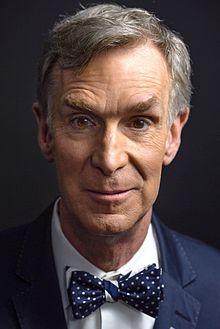

.jpg/220px-NGC_4414_(NASA-med).jpg)











